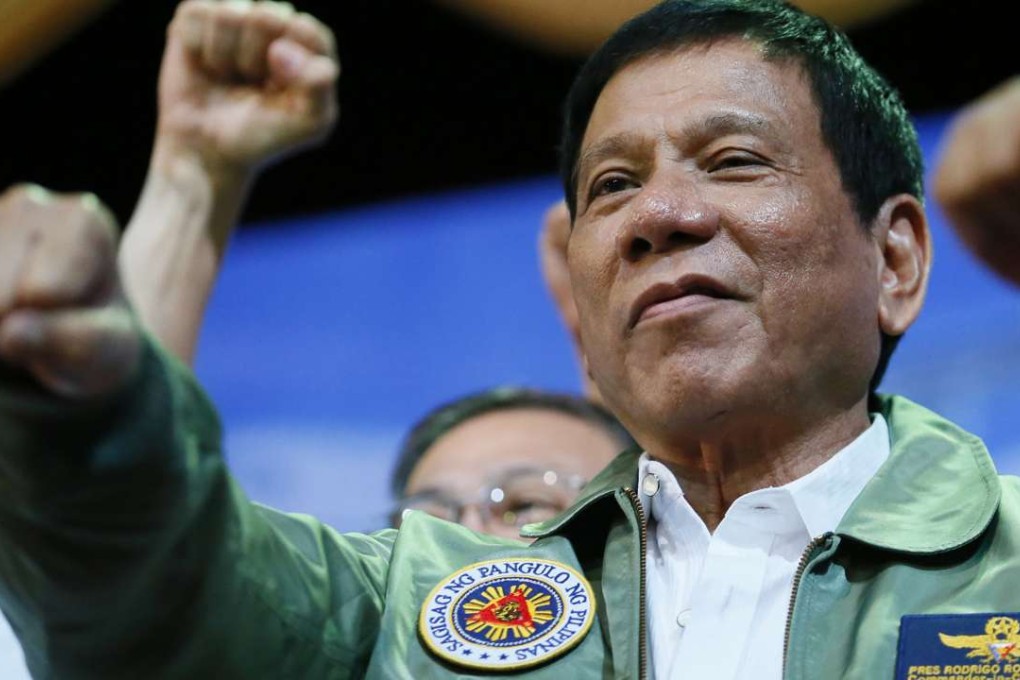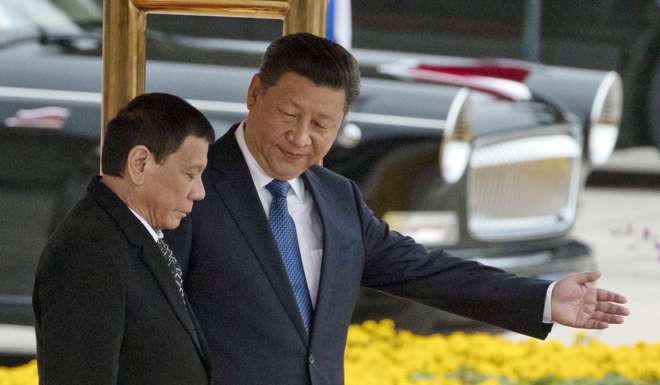After the Duterte whirlwind, brace for more dramatic political change in Asia
Daniel Wagner says democracy has produced some unusual results across the world, but Asian voters used to leading the charge for change must be careful what they wish for

For decades, Asia was thought to be unable to translate populist political sentiment into change at the ballot box, with communist autocracies, military dictatorships and paternalistic strongmen ruling so much of the region – seemingly in perpetuity.
Indeed, four of the world’s five remaining communist governments are in Asia (China, Laos, North Korea and Vietnam), the military remains firmly entrenched in the political process in countries such as Indonesia and Myanmar, and de facto one-party rule persists in Singapore. That said, populist political movements have now become prevalent, if not predominant, in the region, resulting in an unusual mix, ranging from democracy to autocratic rule.
The net result of Duterte becoming president is dramatic change in the country’s domestic and international landscape

Nervous times for US as Manila and Beijing forge closer ties
The same is true in a very different way in Malaysia. While popular will resulted in keeping the status quo in the presidential election of 2013 – with the National Front (and Prime Minister Najib Razak) remaining in power – as a result of the 1MDB scandal and growing disaffection with the Front, Razak’s government is now in trouble. With urban voters increasingly rejecting the ruling coalition, Razak is courting rural Malays, who tend to be more conservative and supportive of some elements of Islamic law.